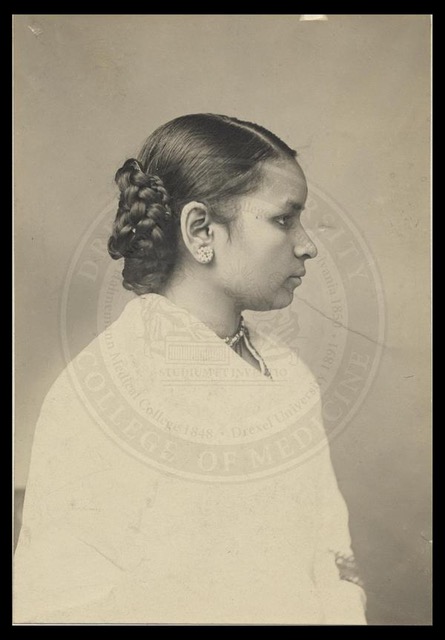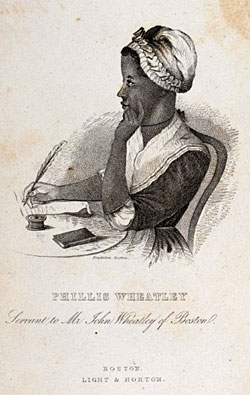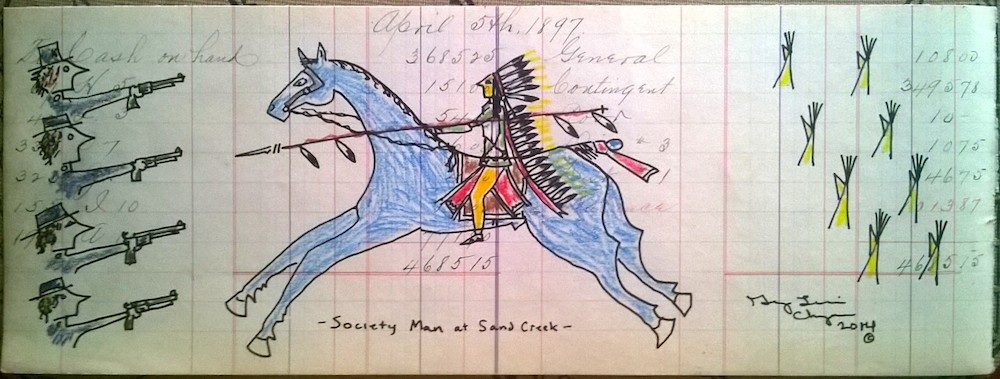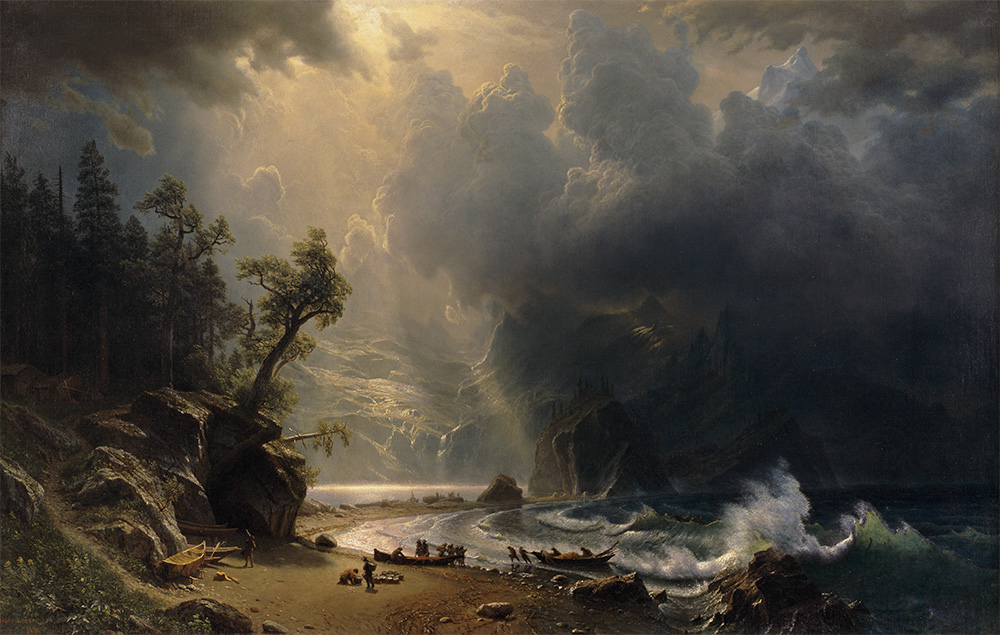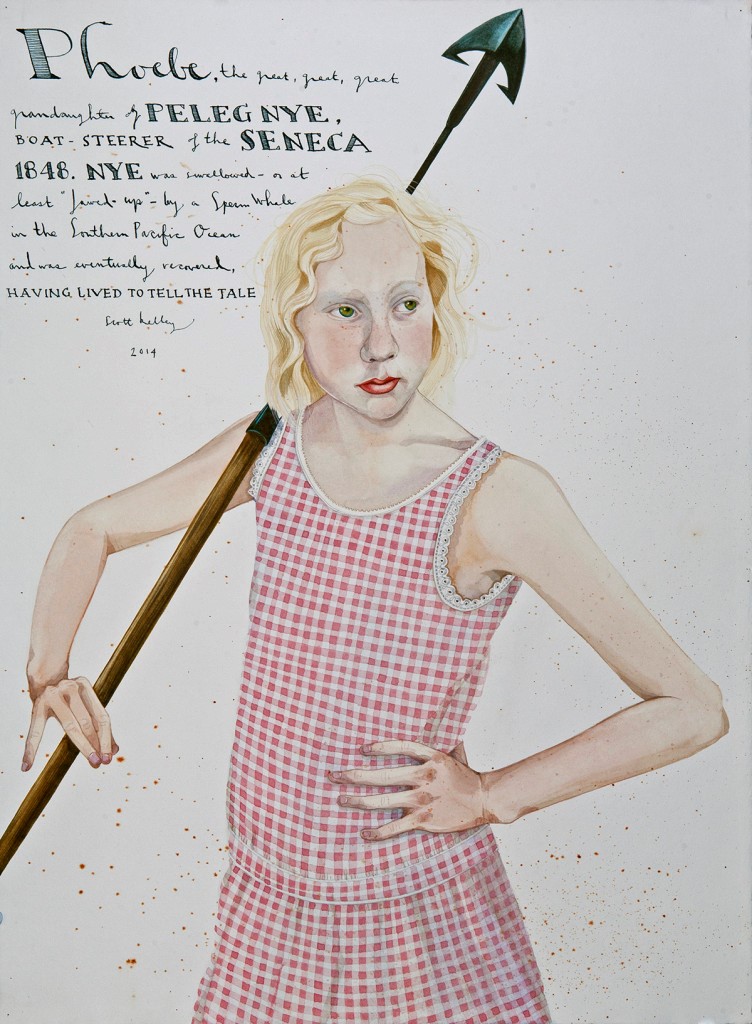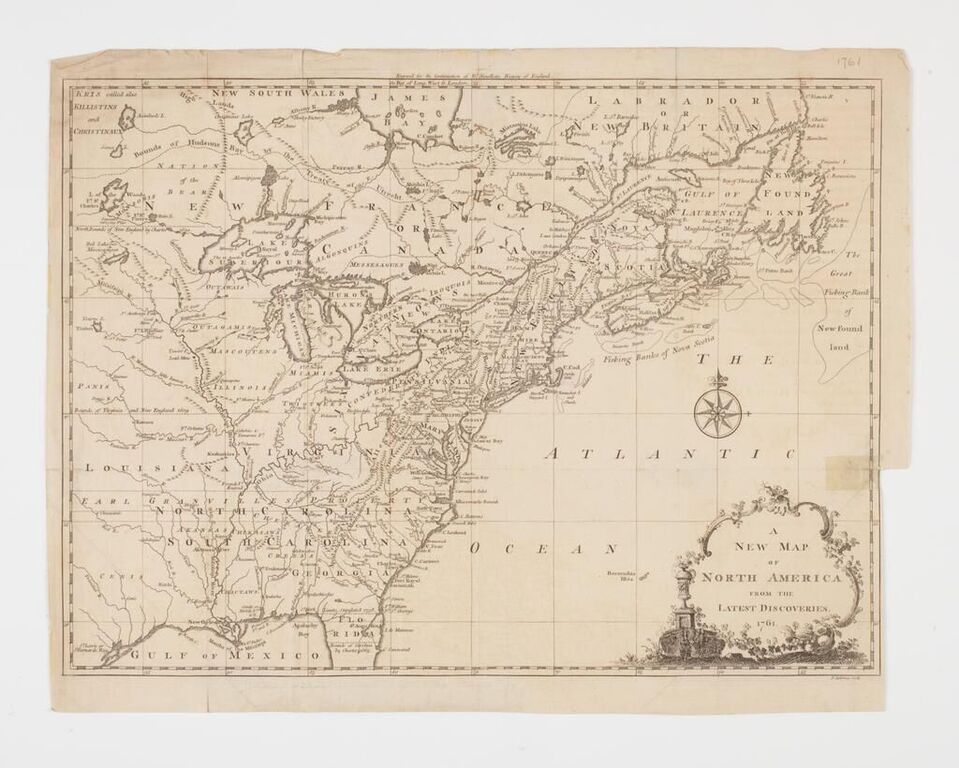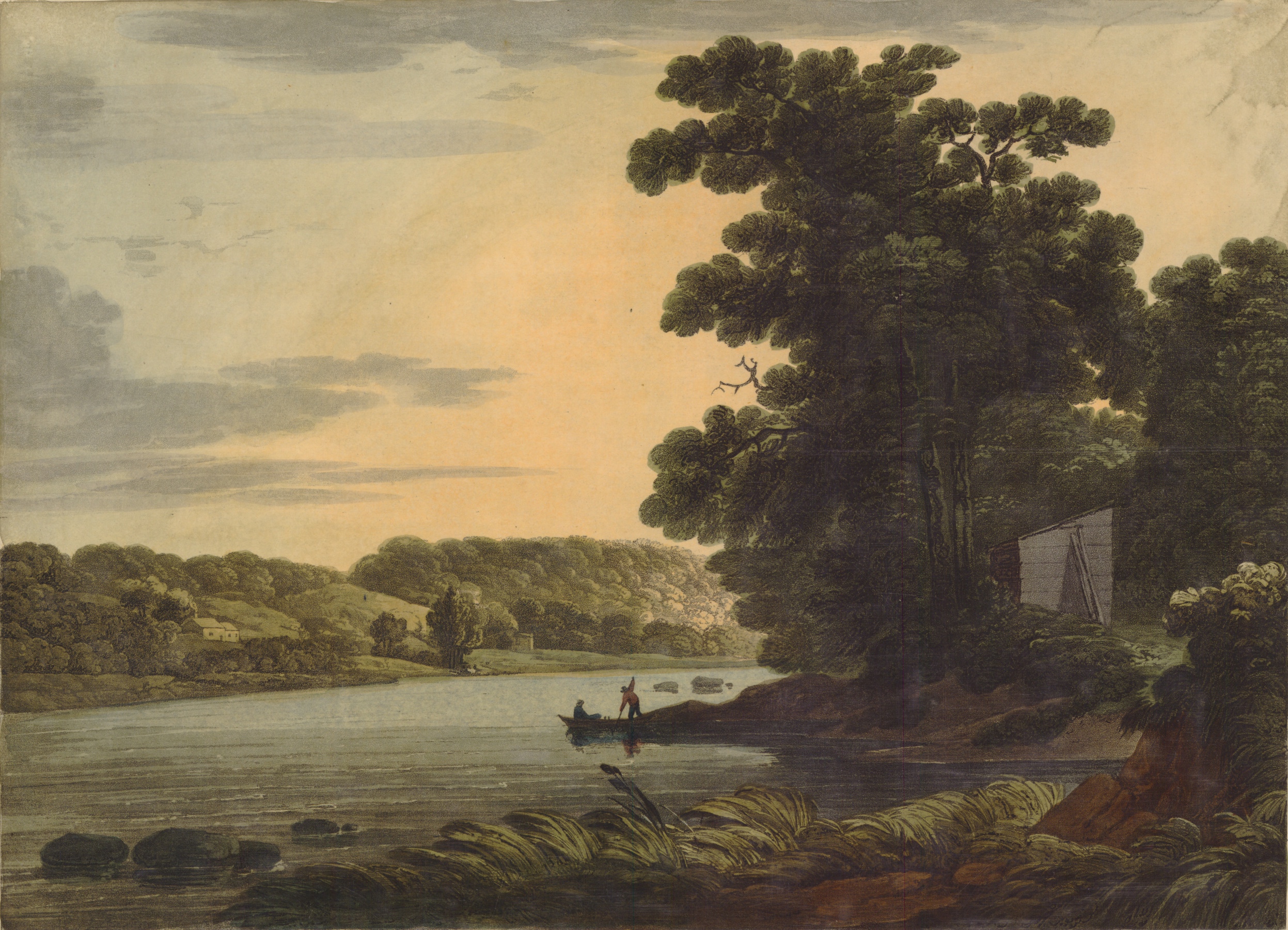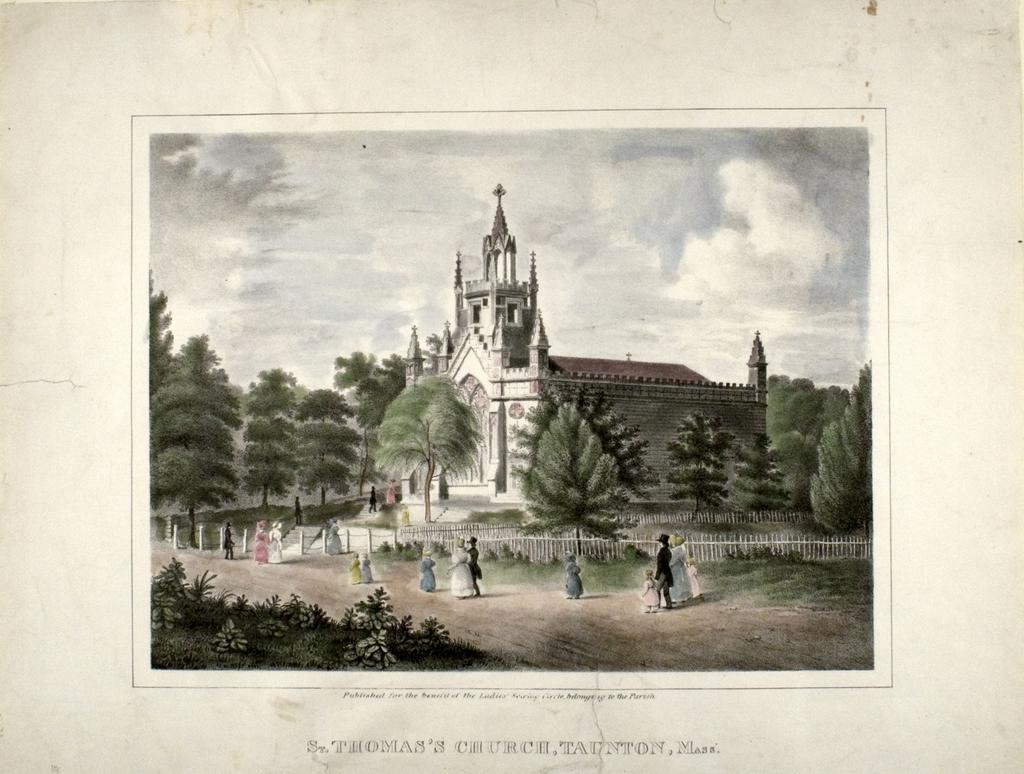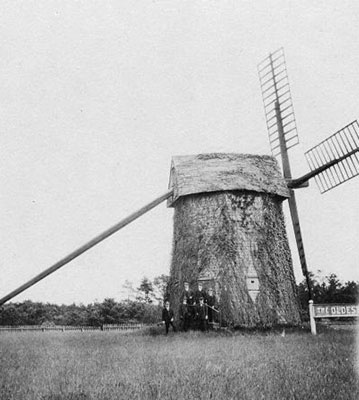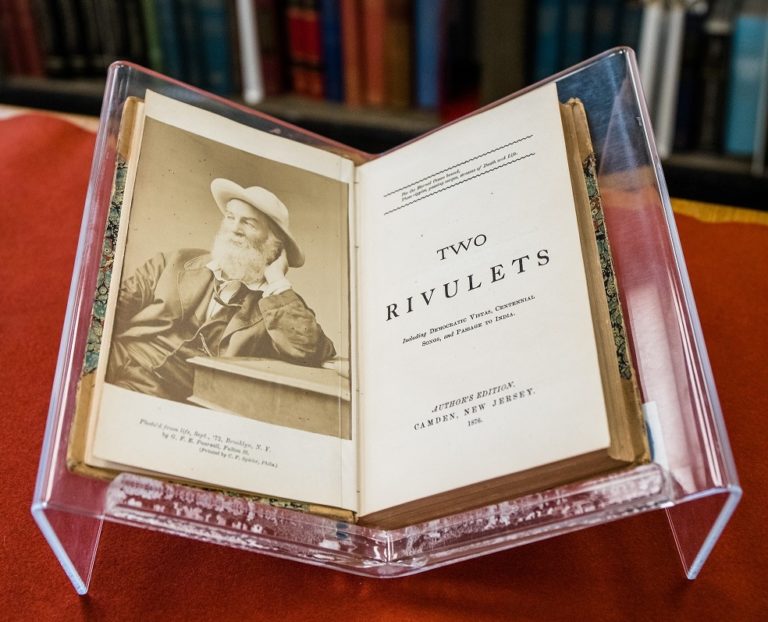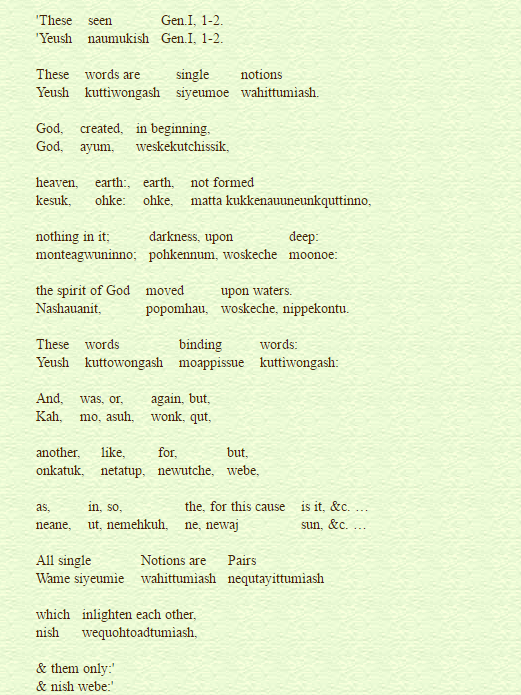Prologue
I had begun so many times.
With snow, with leaves, with wind and rain,
with a white initial A of sail,
with a woman’s voice recalled, with syllables
stilled centuries ago, with faces in the trees,
in the windows, in the fog.
I had begun so many times
before the tiny rubric of the crab’s claw appeared
in my palm, curling out from its scavenged shell,
just before the fog.
Before the cold rain began in my shoulders.
Before the fog.
Down where the ocean melts to a sheen,
looking back toward dune grass, the charred log
where my family sat, I watched the infiltration of the pines,
the vanishing of the islet we had planned to explore.
Then it was upon them,
or rather it erased us all—it poured through everything,
until I had just ten yards of water, sand, and white air to see,
the sun a spun nickel at my shoulder.
I was being brought about again.
Mutterings wavered up, strangers trembled past with awful smiles
and disappeared.
So now, say it, they said, say what
you knew of the earth, the where of it, the truth of it,
what soil, sea, what wind prevailed, what voices in your blood,
when it was blood, when it was wind,
when stars sang into your body as you lay there on the stones,
breathing there, remember, so long
it came to seem looking out as from the whole
planet’s vast, sloping side.
What was given you to know?
Ogwhan
Ogwhan
Let the boat drift
Nickquenum nittauke: mishquawtuck
home to cedar trees.
Wunnagehan sowanniu.
before a southwest wind.
Belong there, settle, claim
at last the scents and leaves, the moody tidal song
of channel bells.
You will lose them just this way,
lose life after life.
I have begun so many times.
Begin again.
King Philip’s Hand
In Memoriam E. M. F. 1900-1978
It is characteristic then, of what I have called ‘angelic’ consciousness that it does not develop a separate, hidden, inner world of private thoughts and feelings. These Beings reflect, or pass on, the light they receive from above; and that is their inner life. Or we can put it that they do indeed have an inner life, but do not feel it as being exclusively their own…not in the sense of [it] being at their disposal. …On the occasion of the Fall, all this was changed by the intervention of Lucifer. Lucifer induced man to begin hiding and hoarding his inner life, and to take pride in it—as a ‘room of one’s own’—making it into something separate and detached alike from its outward manifestation (nature) and from the inner world of spirit beings… Man is now started on the long road which ends in his present normal relation to Nature, wherein nature is not merely his own outward manifestation, nor that of the higher Spiritual Beings who shine through him; whereinnature is not a manifestation at all, but an object—a finished work.
Owen Barfield
There they were, dignified, invisible, Moving without pressure, over the dead leaves, In the autumn heat, through the vibrant air, And the bird called….
T.S.Eliot
Everything only connected by “and” and “and.”
Elizabeth Bishop
When the old Plymouth lost its brakes
on the bridge’s far slope she didn’t say
a word, just shifted down to an empty lot,
stopped them short with the parking brake,
raised a hand to her lips, and smiled at him.
Ten years later, when he’d drive her to market
or the clinic, and she’d say “Home, James”
in her amused, quavering voice, he’d recall
the flicker of triumph on her face that day,
as though she’d been modestly enjoying
what she’d have called pluck, what now
was letting her live out winters alone
beside the bay. She had a cheerful dignity,
humorous self-possession, and a streak
of unpredictable severity, but he could bear
her gentle admonitions, about speeding,
sex, seamanship—even her once saying
she hoped he wouldn’t always be an angry
young man. So he keeps yearning her back
across the lost waves, the old moraines,
longing, and fearing her arrival.
She was interested
in history, (they were on the way
to Gilbert Stuart’s house the morning
the brakes failed), and so one summer
suggested he accompany his cousin
to the museum, near Philip’s last
stronghold on Monthaup, his people’s
summer home—a spring, the granite throne.
There they sorted moccasins, and built
a wigwam with a student of anthropology
from Brooklyn, a young bearded man
whose anger took an ironic, Marxist form.
The museum was near the bridge, minutes
from an estate where they learned tennis.
No wonder he had them pegged: no hope,
or worse, the first who would perish
in the revolution’s maw. In their whites
and sneakers they were helping make a story
out of items—that gentle catalogue of what’s
presumed an extinct way of life, recalled
as a romance by those who murdered it.
Arrowheads and spearpoints, wampum
and beads—that frail dome of saplings
and bark they struggled to lash up said more
about their habits than lost cultures, but their
lives depended on finishing that hut, upon
reading labeled items under glass, selected
and arranged like stones for a path the mind
might follow down to the waters…
*
Mud became the shale the glacier
crushed to stones we heaved as
children by the hour into whitecaps,
to become the gravel becoming
the sand piling at the tidemark. Legend
says that with the Devil’s help, Philip
could throw a stone from Mount Hope
a mile across the harbor to Poppasquash…
I would call her back, who passed
such history on to me. But I never
learned the faith she used to compose
past and future, that let old portrait
figures, villains, heroes, plain,
goodhearted sorts from several
centuries go about their lives
and works all at once in her mind,
as in some busy village Brueghel
painted. Now as the land she knew
is vanishing, her shadow comes
in me to belong somehow with Philip’s,
like contraries the mind feels
obliged to hold together—the strange
comfort of distinction made and
overcome at once…
That is not your piping voice, not
your deliberate passage from the porch
to the kitchen, not your sigh heaved through me,
but it is, it isn’t merely a gust of southwest wind.
The cardinal in the big oak isn’t answering,
he is keening twice, then eight bunched,
rising whistles back to me, three times,
and then he adds cadenzas, until I cannot
say it back.
Cuppyaumen.
Pashpishea.
Mequaunamiinnea
Now you are there.
Moonrise.
Remember me.
Memory, no wish to be a hero
made Philip sayI am determined not
to live until I have no country.Even if
his scattered bones calcified beneath
this earth, no prayer, no spell, no
moonrise will bring the lost to voice.
Salt wind on our skin is not their touch.
Aloof and disappointed, they only seem
to wake in episodes of our making, beneath
the wind-ridden trees, the driven clouds.
| Cowwewonck. | ||||
| Soul. | ||||
| Wunnicheke. | ||||
| Hand. | ||||
| Keesauname. | ||||
| Save me. |
In her last years she wondered aloud
only whether she would recognize
her husband. I pretended to remember him
more clearly than the sharpest recollection
I have—clinging to his shoulders as
he swims toward a float. Could I reach
him, or even Philip in their afterworld,
I’d ask if they could locate her. And look
what I have done now, stranding her under
Matteson, in my life’s encyclopedia,
across from Metacomet, far from her William.
Surely someone who knew them both to love
will put this right. And I think she would
forgive me, having called me more than
once by her lost son’s name, dead suddenly
at about the age I was when she died.
Yes, I seek him rowing there among
a moonlit fleet of boats at anchor. There are so many
places to look.
|
Halyards gently slapping, an unlashed tiller some twenty years apart… just the continental wind… |
The wind is long and shadow-flagged The breath upon your knuckles |
Mere associations
that’s all, dissolving from reverence to humor,
disappointing hope with common sense.
My ancestors read and read their holy
dictionary for signs of their god’s will;
the random verses they lit upon made
metaphors with practical results—
destinies, space for English names to creep
west across the blank, benighted maps.
The winters here are hard, the bright spaces of the snow as
smooth as vellum. Deerprints and sticks look like words I
cannot read, just at the dark edge of the forest.
Listen, poor shadow, whirled among
the cedars. The bell, whose bird-limed
clapper we held silent for five minutes
one moonlit wild night years ago,
the bell goes on, telling the channel passage
to the ships, searing the darkness white
an instant, clanging, clanging.
This is the passage through, the right of way,
all else is damnation, a wilderness of death.
Now that you wander, I know why
you told us more than once of that
Longley cousin. Taken, after
witnessing the slaughter of his parents,
he begged his captors to let him
return, just to set his father’s cows to forage.
When he kept his promise and returned
to the tribe, they adopted him, and when years
later relatives redeemed him, the story goes
they had to bring him back by force. Claimed
by twenty stark Quebec seasons, he had
wandered, couldn’t return to ownership,
the stonewalled plots of Groton. He grew
old, of course, and well-to-do (why
his story survived), but I have always
wondered what became of his two
sisters, and if you trembled to think
of them, or envied how they really
must have come to know the countryside?
As we know it now. Disaforested, routed, claimed,
a prospect of some acquiring mind. The dead have always known
what they, what you have done.
Fear their smiling. I was a teller of
stories. I am a story now.
The living suppose the stories belong to them.
But you seemed to bless my reverence
for waves and stars and trees. Because
it was your nature to love kinships,
affinities, or just the apt and lovely names
of things, I thought you left mere causes
and effects to the sententious…
It is not as you suppose. I pass freely in the light between the worlds.
No one needs to hold the quahog shut, answer the bird, fasten the blossom
underneath the apple.
We can hear the sad improvisations inside the silent one, the snarl within
that one’s smile, all the threnodies of resignation, shame, desire,
but we cannot connect them, only listen.
When you spoke your hand would
undertake a gentle dance, fingers
tamp your thumb, drumming
syllables out upon a chair’s arm,
a table, your lap. When you lay
down beneath a shawl on the daybed
under the window, your eyes
would strangely drift and close
while you spoke, but your hand
would flutter up with remembrance,
as if in the chambers of the years
to choose, cherish, caress what those
chambers would contain.
Items.
Exhibits. Evidence. That way of taking
the world was old and well in New England,
brought here like the germs thrashing
inside the Pilgrims, before they were the land’s…
Exempla, symbols, wonders, the argot of god.
Divers Indian baskets filled with corn…
Today, on the way to cross
the Mount Hope Bridge we paused
beside the old stone walls near the north end
of the road. Hooves that forever changed this
soil (trampling the maize of Satan’s children)
stamped in the clover, while my sons counted
the black, fly-tormented backs.
And I saw that all I can give to them
are curiosities, assembled under glass
or foggy legend: the sachem’s jawbone
Cotton Mather kept, the black stone Philip
hurled across the harbor, the brass button
he tore from the emissary’s coat, saying
this, this, is what your English religion
means to me, the Tyrian whorls inside
the quahog shell, the vile self-regard
of believers in the mirror of their faith,
the scalp’s hot, moist peeling from
forehead to nape, the word of twenty
natives valued as that of one who prayed,
the mourning dove’s doxology, the sachem’s
son, nine years old, spared, to be sold
in the Indies. Items. Dis-rememberment.
Poor shade, walker, old woman I loved,
gone now with all the lost, lost one, you
didn’t say this land you gave us once
belonged to Church, deeded him in
gratitude by the magistrates he saved
from the great, doleful, dirty, naked beast.
Their holy war came down to musket balls
and butchery, but the tale’s essence isn’t
cruelty, gross injustice, nor ferocious
piety. It’s how fitting was the payment
made to the one who betrayed the sachem’s
whereabouts to Church, and how he displayed
the wonder of it all around New England,
surviving on the coins he charged to view it.
And they didn’t fear it, all those avid
readers of signs and wonders…
Now in my imagination a kindred
habit lives—gorging on remorseful
supposition, sometimes with the terror
of one holding closed a grievous wound,
it works at telling the world back whole
as it knew, beginning with the accidental
talismans, details that almost cohere,
but will not comfort. How naturally
it seemed to come to you, a dominion
I would covet if it still seemed possible—
whatever flower, bird, fish, or person
found dead or living, named, gathered in…
whose bodiless curse would be a thousand
times more terrible than any word to me…
I cannot revive the song that water and wind
and your old house sang in me, nor
the sons you lost, the son I was when we
played evening checkers, your ancient,
waist length, wild hair, drying in firelight,
nor that terror when I found you waiting
up past midnight on the stairs, to warn me,
frighten me, look right through my after-
glowing rapture with some girl…
All I picture now
is your hand upon the tablecloth—
liver-spotted, translucent skin, the palm
pale, vulnerable, the fingers beating
gently beneath your words. Your hand.
And Philip’s hand, Metacomet’s stiff,
burled hand, cured in a pail of rum.





